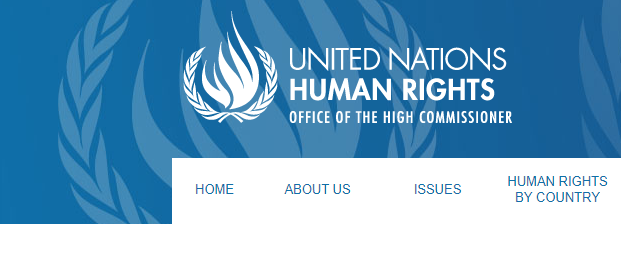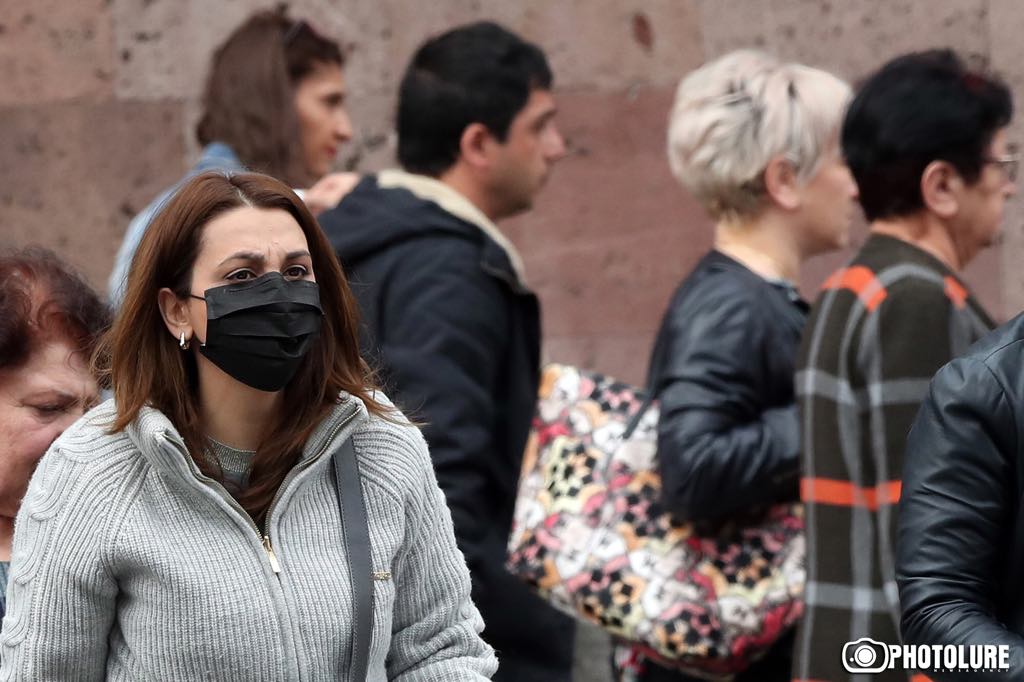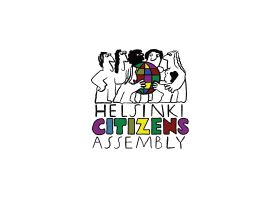Ժնև (մարտի 16, 2020 թ․)․ ՄԱԿ-ի մարդու իրավունքների փորձագետները պետություններին հորդորել են խուսափել կորոնավիրուսի բռնկման հակազդման անվտանգության միջոցառումների ողջամիտ սահմաններից դուրս գալուց և հիշեցրել, որ արտակարգ լիազորությունները չպետք է օգտագործվեն այլախոհությունը ճնշելու համար։
«Գիտակցելով առողջապահական ոլորտի ներկայիս ճգնաժամի ծանրության աստիճանը և ընդունելով, որ մեծ վտանգներին հակազդելու նպատակով արտակարգ լիազորությունների կիրառումը թույլատրվում է միջազգային օրենքով՝ շտապում ենք հիշեցնել պետություններին, որ կորոնավիրուսի հակազդման ցանկացած արտակարգ միջոցառում պետք է լինի համաչափ, անհրաժեշտ և ոչ խտրական»,-ասել են փորձագետները։
Նրանց հորդորն արտացոլում է ՄԱԿ-ի մարդու իրավունքների գերագույն հանձնակատարի՝ վերջերս արած կոչը՝ դարձնելու մարդու իրավունքները կորոնավիրուսի բռնկման հակազդման ելակետ։
ՄԱԿ-ի փորձագետները նշել են, որ արտակարգ դրության հայտարարությունները՝ լինեն առողջապահական, թե անվտանգության պատճառներով, ունեն միջազգային օրենքով սահմանված հստակ ցուցումներ։ «Արտակարգ լիազորությունների կիրառումը պետք է հրապարակայնորեն հայտարարվի և ծանուցվի համապատասխան պայմանագրային մարմիններին՝ հիմնարար իրավունքների, այդ թվում՝ տեղաշարժվելու, ընտանեկան կյանքի և հավաքների իրավունքների զգալի սահմանափակումների դեպքում»։
Ավելին՝ Covid-19-ի բռնկմանն առնչվող արտակարգ դրության հայտարարությունները չպետք է լինեն հիմք՝ թիրախավորելու որոշակի խմբերի, փոքրամասնությունների կամ անհատների։ Այն չպետք է գործի՝ թաքցնելու առողջապահության անվան տակ կատարվող ռեպրեսիվ գործողությունները կամ ճնշելու իրավապաշտպանների աշխատանքը։
«Վիրուսին հակազդելու համար նշանակվող սահմանափակումները պետք է հիմնված լինեն հանրային առողջապահության իրավաչափ նպատակների վրա և չպետք է օգտագործվեն՝ պարզապես այլախոհությունը ճնշելու համար»։
«Որոշ պետությունների և անվտանգության հաստատությունների համար արտակարգ լիազորությունների կիրառությունը կարող է գրավիչ լինել, քանի որ դա կարճ ճանապարհներ է առաջարկում»,-ասում են փորձագետները։ «Նման չափազանցված լիազորությունների՝ իրավական և քաղաքական համակարգերի մշտական մաս դառնալուց խուսափելու համար սահմանափակումները պետք է ունենան հստակ նպատակ և լինեն հանրային առողջապահությանն ուղղված ամենաքիչ միջամտող միջոցը»։
Վերջապես այն երկրներում, որտեղ վիրուսը նահանջում է, իշխանությունները պետք է աշխատեն վերադարձնել կյանքը նորմալ հունին և խուսափեն առօրյա կյանքը կարգավորելու նպատակով արտակարգ լիազորությունների անհիմն օգտագործումից, ասել են փորձագետները։
«Կոչ ենք անում պետություններին՝ համավարակը կարգավորելու նպատակով հաստատուն ձևով պահպանել մարդու իրավունքների վրա հիմնված մոտեցում՝ խթանելու առողջ հասարակությունների ձևավորումը՝ իրավունքի գերակայությամբ և մարդու իրավունքների պաշտպանությամբ»,- ասել են ՄԱԿ-ի փորձագետները։
ՄԱԿ-ի մարդու իրավունքների փորձագետներ
Թարգմանությունը՝ ՀՔԱՎ-ի
GENEVA (16 March 2020) – UN human rights experts* today urged States to avoid overreach of security measures in their response to the coronavirus outbreak and reminded them that emergency powers should not be used to quash dissent.
“While we recognize the severity of the current health crisis and acknowledge that the use of emergency powers is allowed by international law in response to significant threats, we urgently remind States that any emergency responses to the coronavirus must be proportionate, necessary and non-discriminatory,” the experts said.
Their appeal echoes the recent call by the UN High Commissioner for Human Rights to put #HumanRights at the centre of #CoronavirusOutbreak response.
Declarations of states of emergency, whether for health or security reasons, have clear guidance from international law, the UN experts said. “The use of emergency powers must be publicly declared and should be notified to the relevant treaty bodies when fundamental rights including movement, family life and assembly are being significantly limited.”
“Moreover, emergency declarations based on the Covid-19 outbreak should not be used as a basis to target particular groups, minorities, or individuals. It should not function as a cover for repressive action under the guise of protecting health nor should it be used to silence the work of human rights defenders.
“Restrictions taken to respond to the virus must be motivated by legitimate public health goals and should not be used simply to quash dissent.”
Some States and security institutions may find the use of emergency powers attractive because it offers shortcuts, the experts said. “To prevent such excessive powers to become hardwired into legal and political systems, restrictions should be narrowly tailored and should be the least intrusive means to protect public health.”
Finally, in countries where the virus is waning, authorities must seek to return life to normal and must avoid excessive use of emergency powers to indefinitely regulate day-to-day life, they said.
“We encourage States to remain steadfast in maintaining a human rights-based approach to regulating this pandemic, in order to facilitate the emergence of healthy societies with rule of law and human rights protections,” the UN experts said.
* The UN experts: The Special Rapporteur on the promotion and protection of human rights and fundamental freedoms while countering terrorism, Ms Fionnuala D. Ní Aoláin; the Special Rapporteur on extrajudicial, summary or arbitrary executions, Ms Agnes Callamard; the Special Rapporteur on the promotion and protection of the right to freedom of opinion and expression, Mr David Kaye; the Special Rapporteur on the situation of human rights defenders, Mr Michel Forst; the Special Rapporteur on the rights to freedom of peaceful assembly and of association, Mr Clément Nyaletsossi Voule;, Special Rapporteur on the right to physical and mental health,Mr. Dainius Pūras, the Special Rapporteur on the right to education, Ms Koumbou Boly Barry; the Special Rapporteur on the right to privacy, Mr Joe Cannataci; the Special Rapporteur on freedom of religion or belief, Mr. Ahmed Shaheed; the Special Rapporteur on the right to development, Mr Saad Alfarargi; the Special Rapporteur on adequate housing, Ms Leilani Farha; the Special Rapporteur on the human rights to safe drinking water and sanitation, Mr Léo Heller; the Independent expert on human rights and international solidarity, Mr Obiora C. Okafor; the Independent Expert on the promotion of a democratic and equitable international order, Mr Livingstone Sewanyana the Special Rapporteur on the Independence of Judges and Lawyers, Mr Diego García-Sayán; the Working Group on Arbitrary Detention: Mr. José Antonio Guevara Bermúdez (Chair), Ms. Leigh Toomey (Vice-Chair on Communications), Ms. Elina Steinerte (Vice-Chair on Follow-up), Mr. Seong-Phil Hong and Mr. Sètondji Adjovi; andthe Working Group on Enforced or Involuntary Disappearances: Mr Luciano Hazan (Chair-Rapporteur), Mr Tae-Ung Baik (Vice-Chair), Ms Houria Es-Slami, Mr Bernard Duhaime and Mr Henrikas Mickevicius.
[:]



